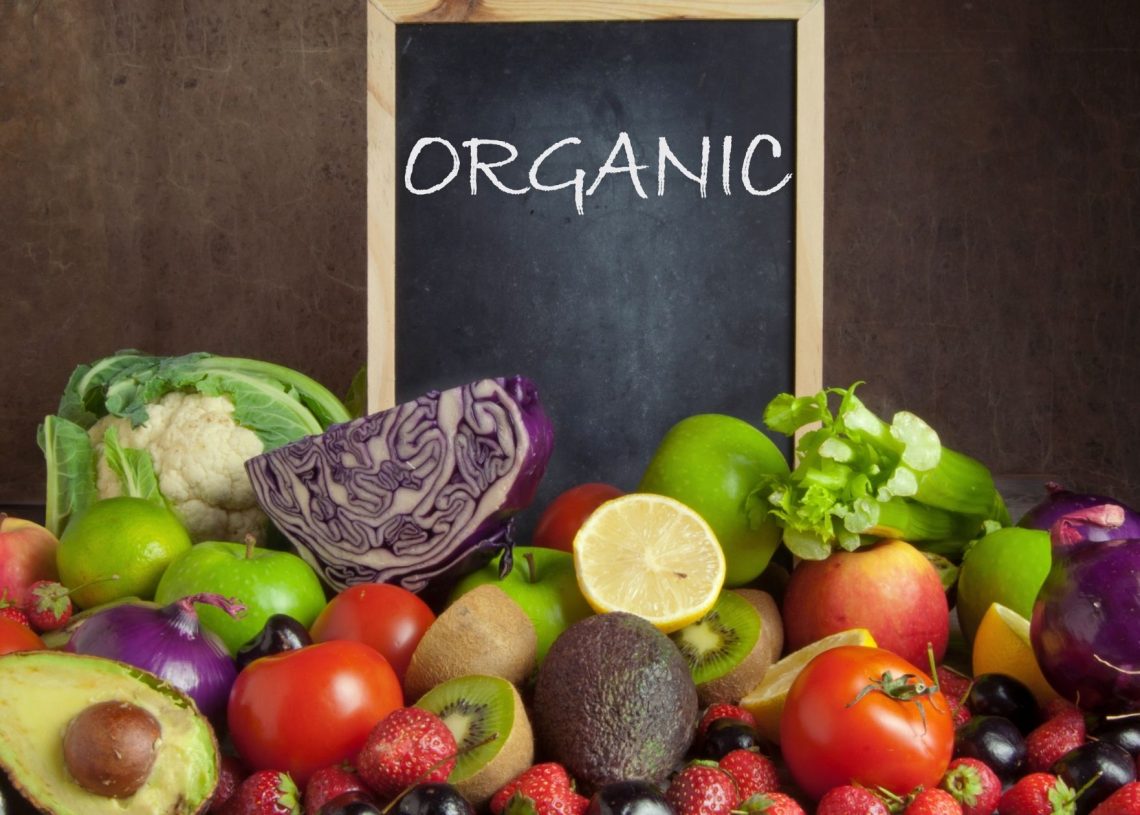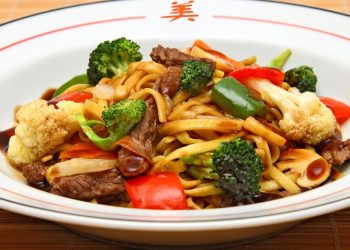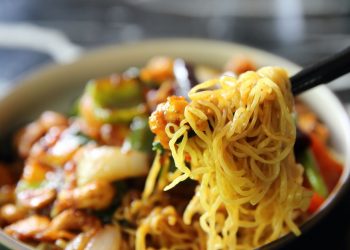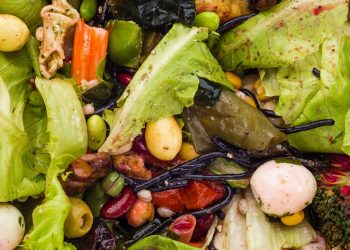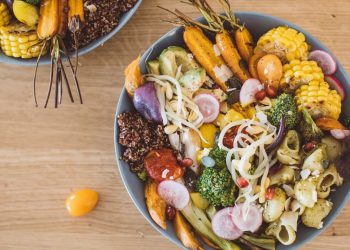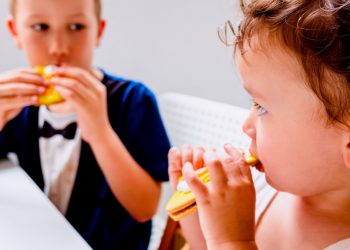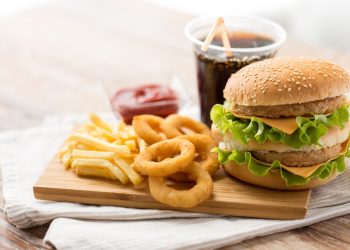Sri Lankan President’s decision to boost the pace of the organic food revolution has disappointed tea producers. The island country aims to become the world’s first country to produce 100% organic food. And this drive has threatened its prized tea industry.
Besides, it has indicated the impending crop disaster which would follow in the struggling economy. President Gotabaya Rajapaksa imposed a ban on chemical fertilizers earlier this year. He did so to promote organic food and prevent the ill effects due to chemical fertilizers.
Many tea plantation owners in the island country predict the failure of crops around the coming October month. Likewise, they suspect cinnamon, pepper, and rice crops are likely to face troubles.
Ban Pushes the Tea Industry into Complete Disarray
President Rajapaksa chose popular tea maker Herman Gunaratne for leading the organic revolution. However, he is in a fearful state of mind as he suspects the ban would push the tea industry into complete disarray.
According to Gunaratne, the decision would show adverse consequences on many grounds. The 76-year-old master tea maker fears Sri Lanka would see a 50% slash of its annual 300 million kg crop if the government sticks to its decision.
In Sri Lanka, fertilizers and pesticides enjoy their place on a list of the most imported items. Now, the country has banned the import of chemical fertilizers as it battles foreign currency shortages.
Compromise of Food Security
Sri Lanka exports tea on a large scale and it attracts over $1.25bn annually. It accounts for around 10% of the country’s export income. Surprisingly, on coming to power in 2019, Rajapaksa promised to provide subsidized foreign fertilizers.
However, his stance is the opposite on this subject now. At present, he considers agricultural chemicals poisonous for people and thus, he has imposed a ban on their imports.
Gunaratne (owner of Virgin White Tea) was evicted from Rajapaksa’s Task Force for a Green Socio-Economy as he disagreed with him. He added Ceylon tea in Sri Lanka has the lowest chemical content and poses no threat.
In the first half of 2021, Sri Lanka’s tea produce touched 160 million kilos. It happened due to good weather and the use of old fertilizer stocks. But the harvest saw a decline in July.
Tea businesspeople suspect the imposed ban would slash the crop produce by October. And it would reach a worsening state by November or December.
The organic tea market is limited and it requires 10 times more investment than normal tea to produce it. Currently, Sri Lanka’s food security is in a terrible state and it would worsen due to the ban by the President.

